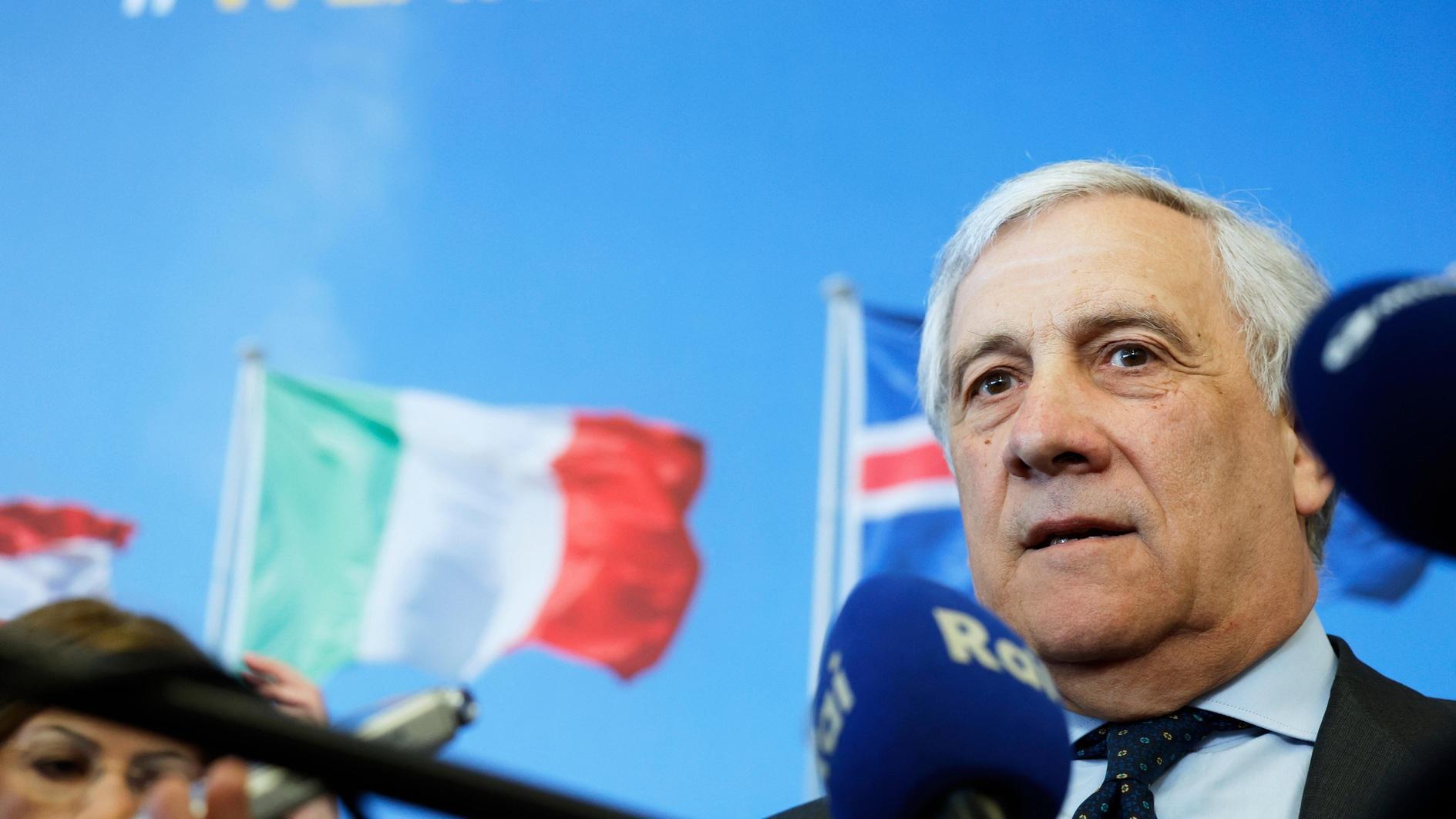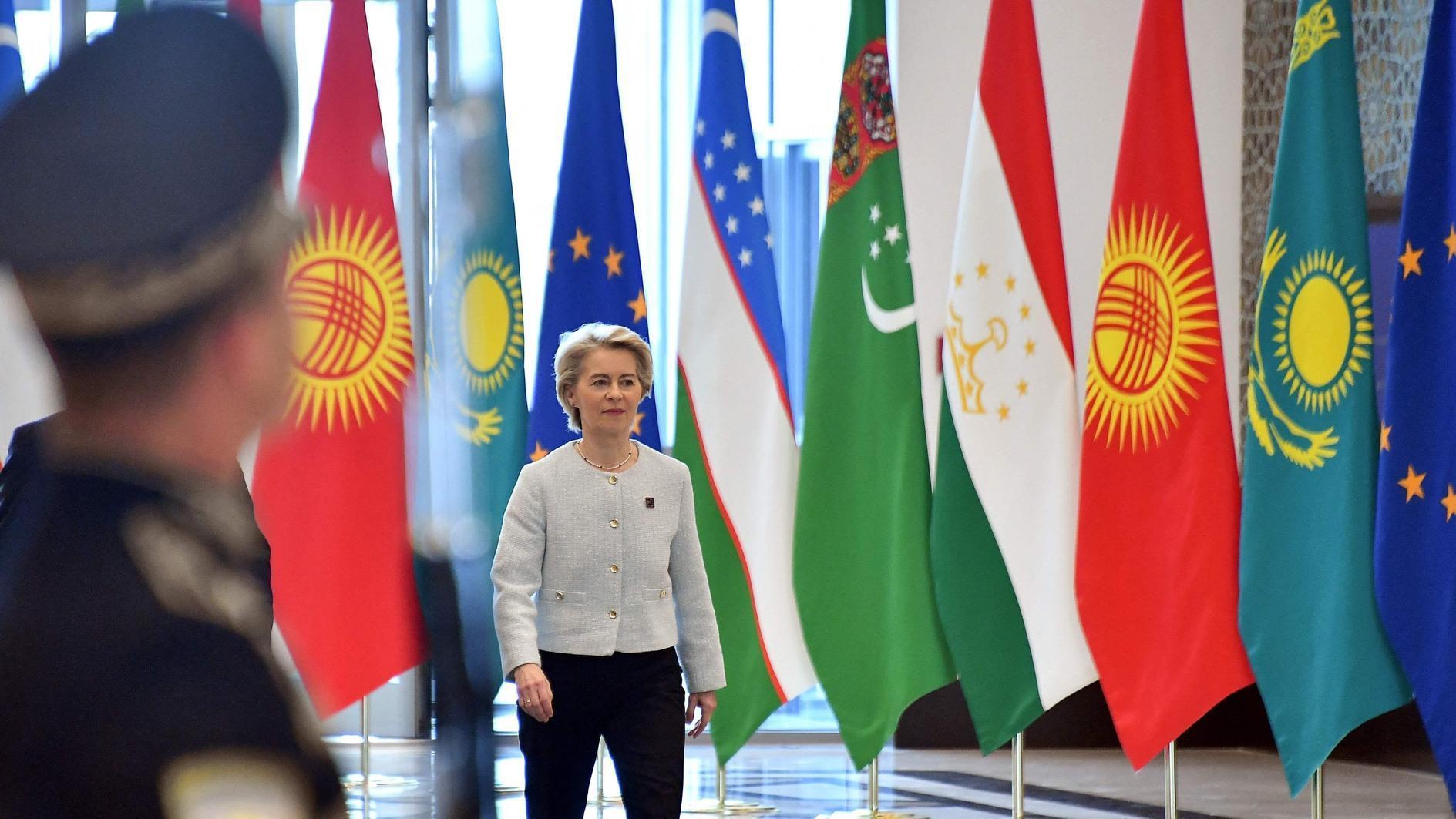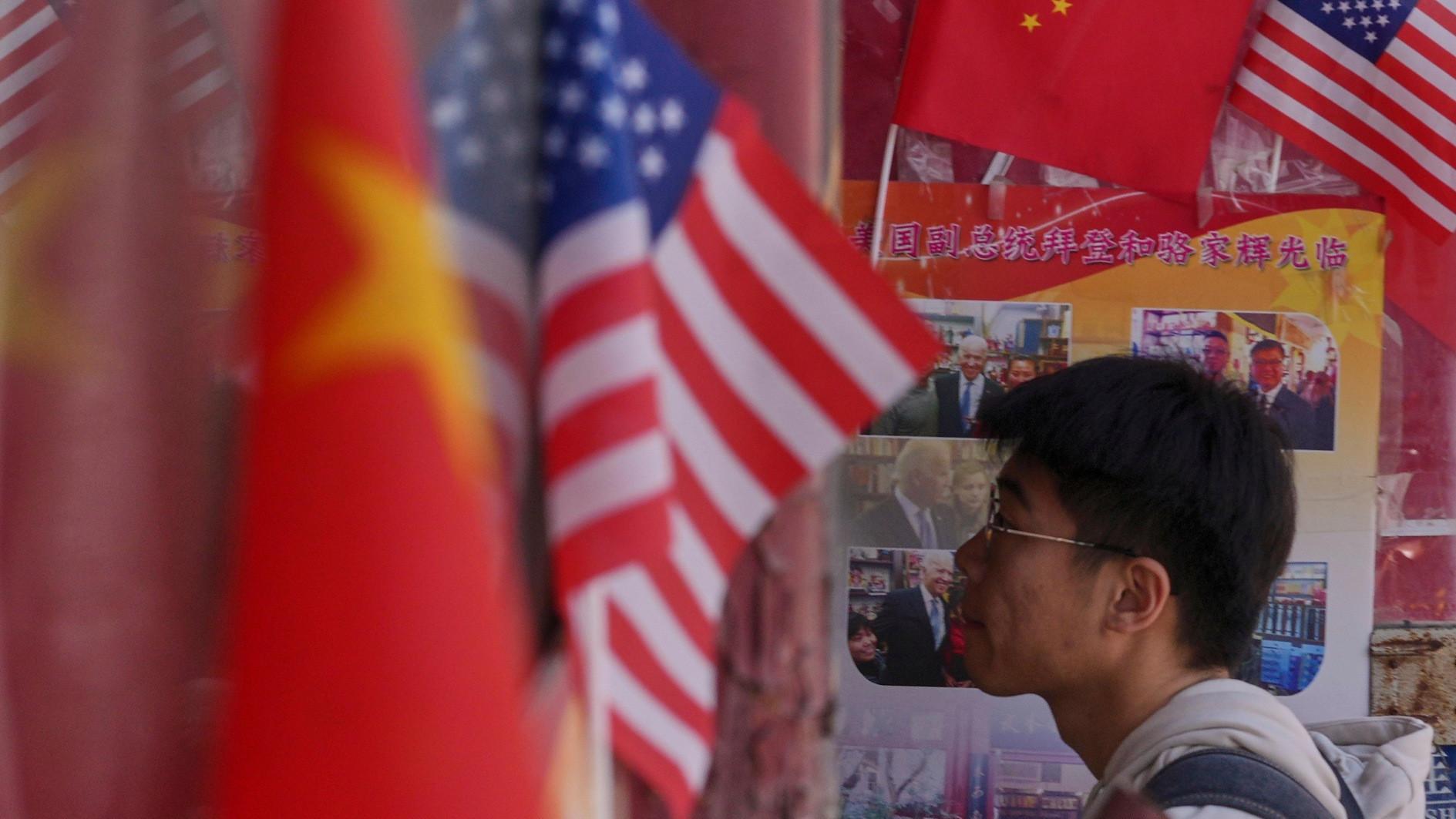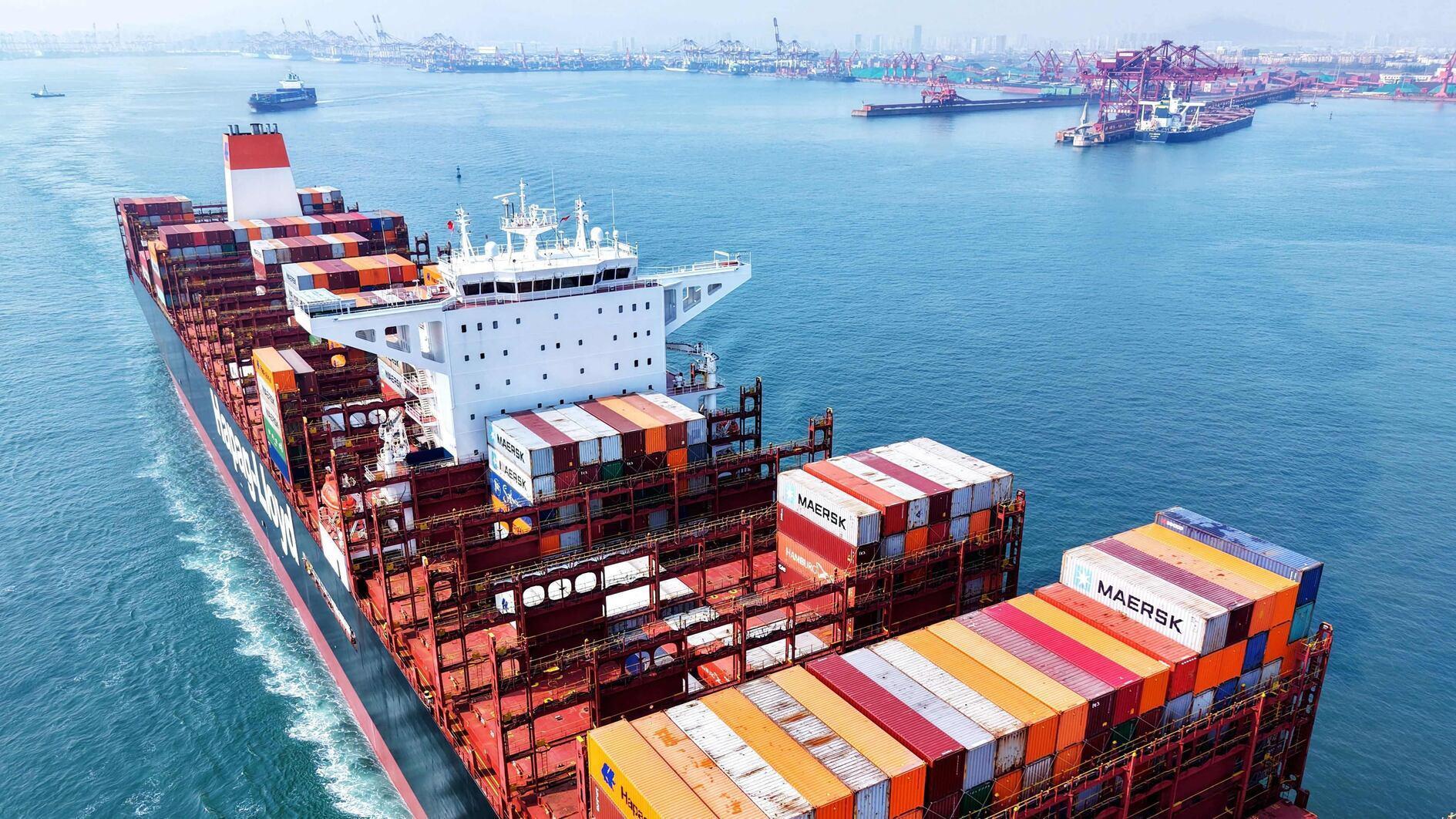Turkey-Kazakhstan: Multidimensional cooperation
GÜLAY MUTLU
Kazakhstan is the first Central Asian country which seized upon a well-tempered policy line regarding its relations with Russia, the United States and European countries after it gained independence. Astana comes to the fore with its proactive foreign policy and prospective economy. And especially for the last couple of years, Astana has been promoting a policy growing closer to Turkey.Relations between the two countries developed progressively in the 1990s and 2000s. In addition, the Strategic Partnership Agreement that was signed between Astana and Ankara in 2009 brought bilateral relations to a different, higher state. Leaders began to use the Ankara-Astana line more frequently in order to demonstrate the importance they attribute to one another. President Nursultan Nazarbayev’s visit to Turkey on Oct. 11-12 is one of such instances.
Turkey occupied a less than prominent place on the foreign policy agenda of Kazakhstan as the latter was more oriented toward Russia in particular, as well as the United States and China. As for Turkey, which aimed to integrate and open the closed economies and social structures of Central Asia to the rest of the world as its fundamental foreign policy objective toward the region, it couldn’t take advantage of Russia’s relative inactivity throughout the region until the 2000s. The situation was indeed due to the conjunctural status of both countries throughout the transitional period. However, the policy line pursued by Turkey toward Central Asia since 2001 was reciprocated on the part of Kazakhstan in particular.
Kazakhstan is considered an important country in Central Asia from Turkey’s perspective. Such a designation is not directly related to Ankara’s own preferences but the constant repositioning of the region, which is a truly dynamic one. Bilateral relations have evolved into a different shape since the 1990s. Therefore, Astana is today endeavoring to position its relations with Turkey on more pragmatic and higher grounds when compared with the initial stage in relations based on an ethnic discourse.
The Conference on Interaction and Confidence Building Measures in Asia (CICA) is the most prominent proof of cooperation between Turkey and Kazakhstan in the international arena as both countries are emerging as important actors within their regions.
Nazarbayev as the ‘unifying figure’
Kazakhstan’s domestic dynamics constitute a major reason why the two countries have accommodating relations, unlike Turkey’s recent relations with other Central Asian countries in the fields of foreign policy and economic cooperation. Although considered an authoritarian leader, Nazarbayev became a unifying figure, a “symbol” which is an important factor in the development of bilateral ties. His efforts to maintain stability within the country and drive changes in the socio-economic field overwhelmingly contributed to the actualization of the aforementioned goals to a certain extent.
Kazakhstan’s growing economy provided Turkey with the opportunity to invest in the region. The level of bilateral trade currently equals 4 billion dollars, and it will hopefully be raised to 10 billion dollars.
In conclusion, Turkish-Kazakh relations have been flourishing smoothly up to today. Bilateral relations were indeed revitalized as a consequence of both countries’ rising profiles of political and economic strength within their respective regions in the post-2009 period. On the other hand, both sides are aware of the fact that bilateral relations are yet to reach a satisfactory level and are still in need of being further intensified, when one considers the obviously prospective potential of social and political affairs between the two nations. Here, it is important to keep in mind that Turkish-Kazakh relations are fairly unmatched as of yet, considering the regional context.
Gülay Mutlu is an expert on Central Asia at the International Strategic Research Organisation (USAK).











